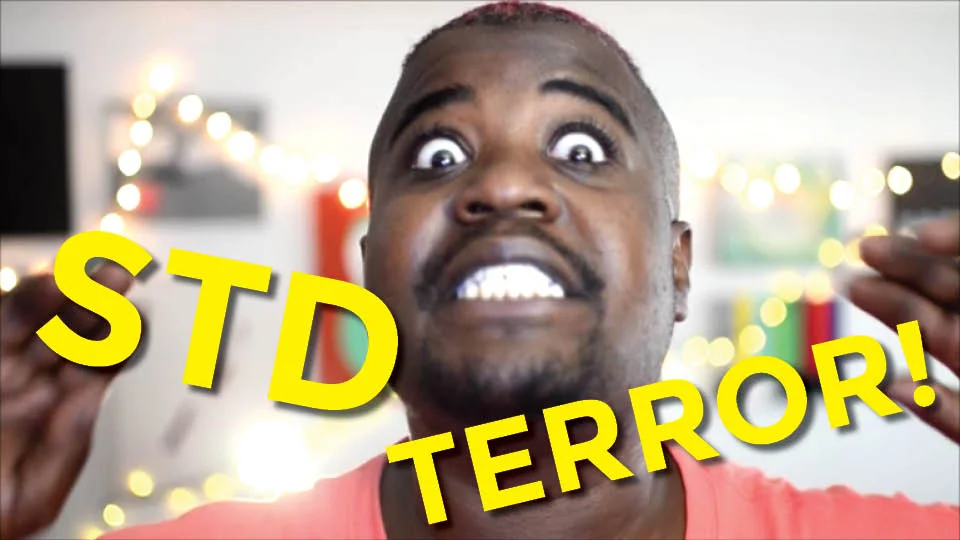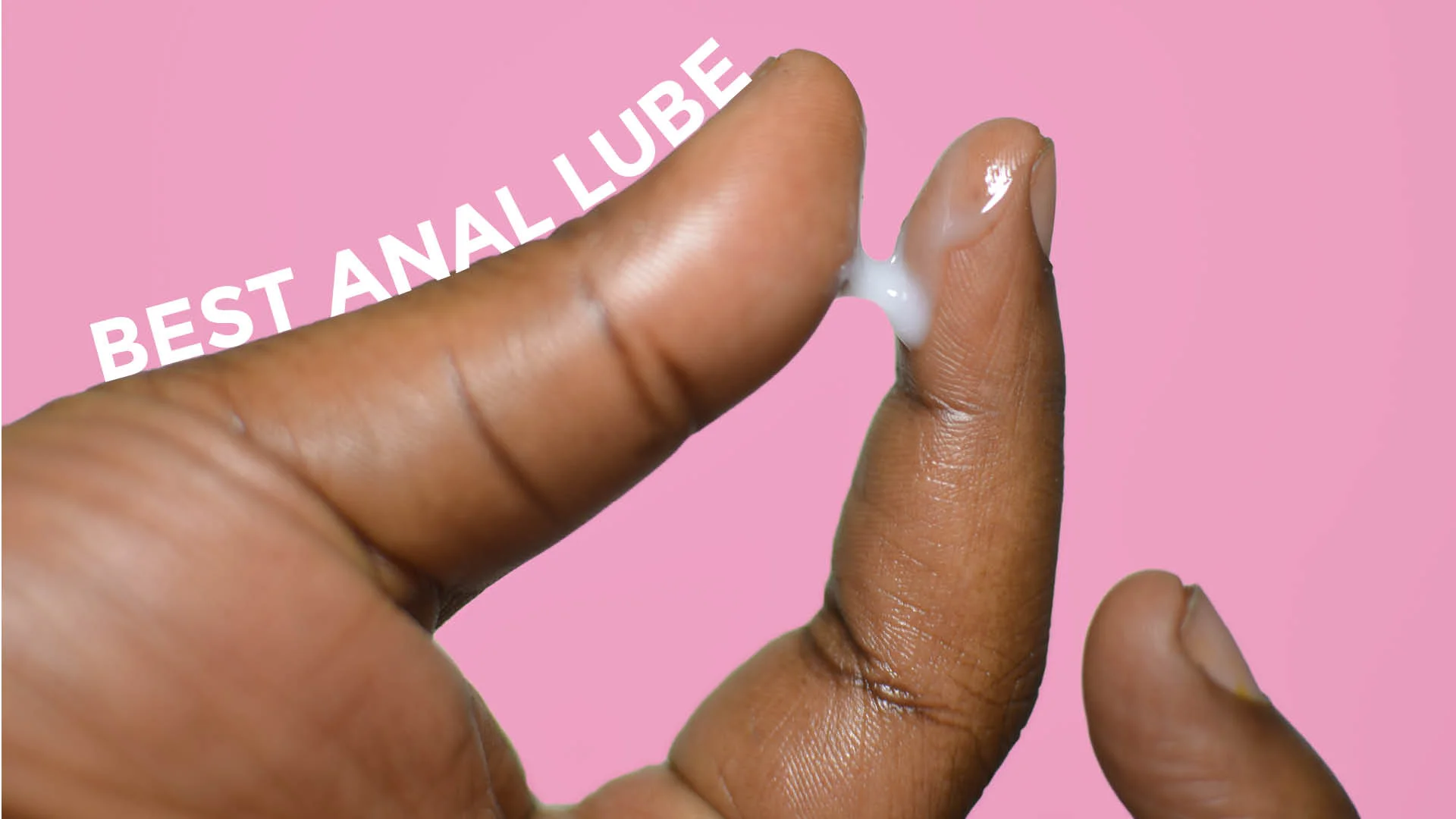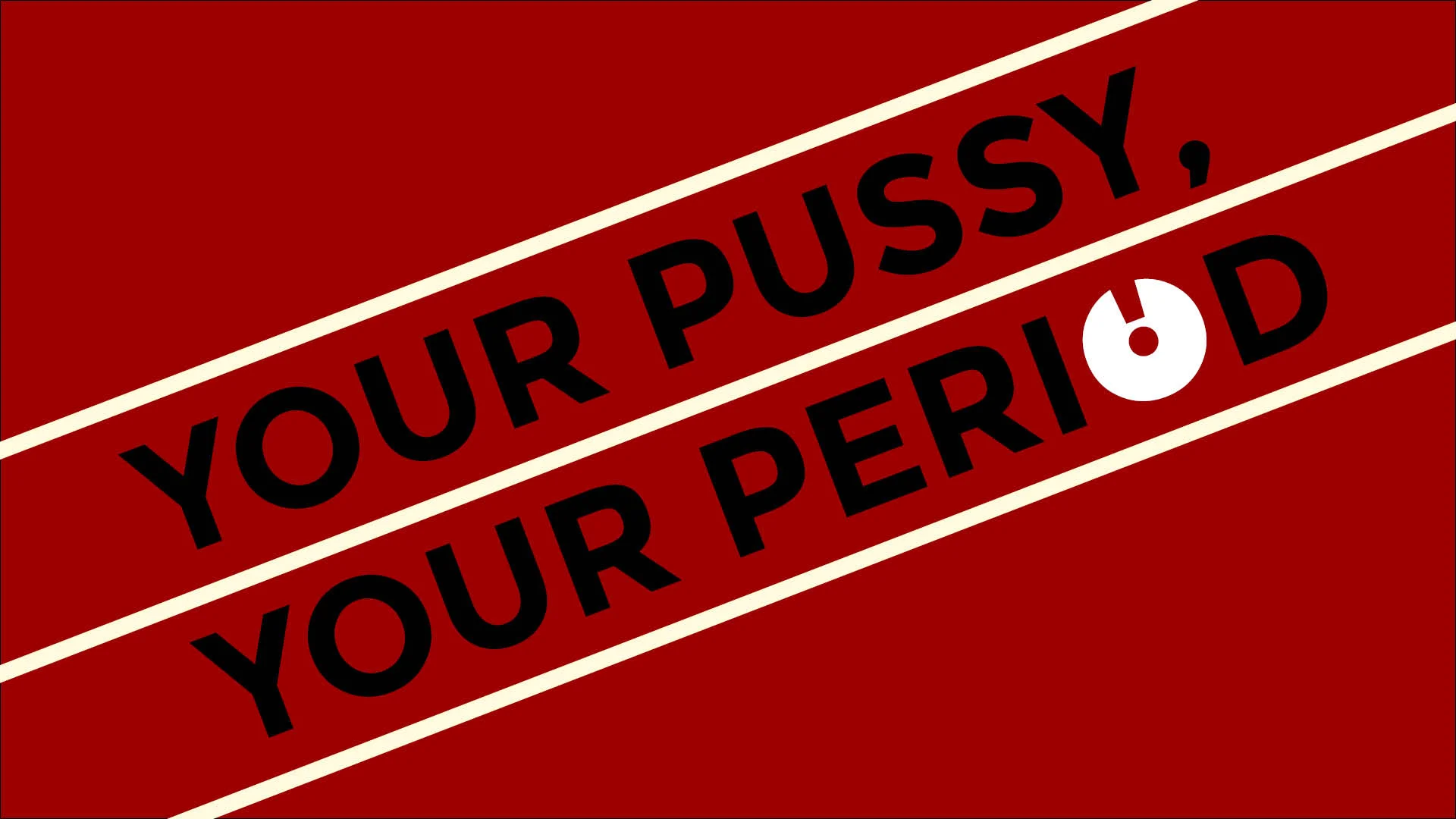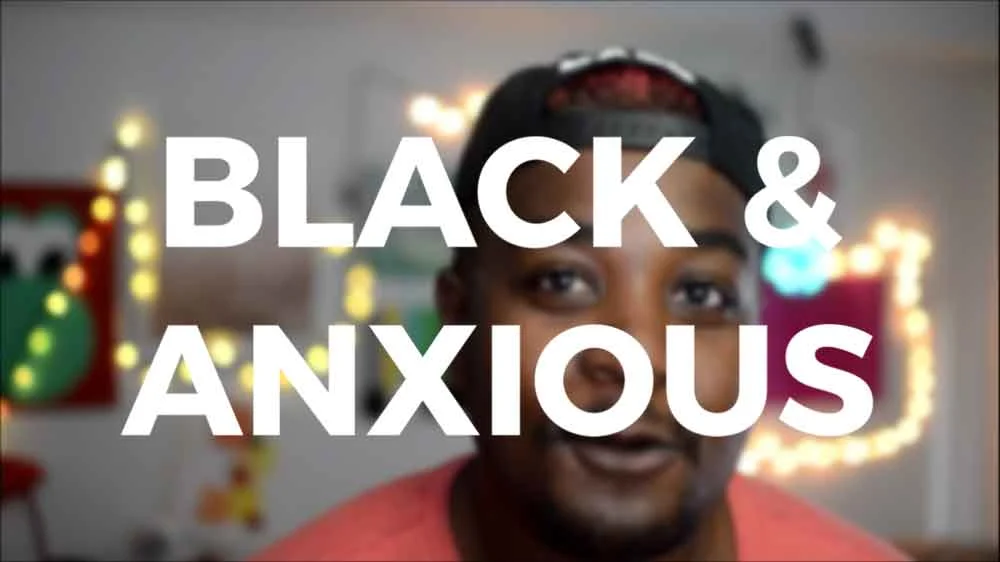All about ovulation: everything you need to know about female fertility cycle
What is ovulation?
Ovulation is the cycle of egg (ovum) release from the ovary. Don't forget about the maturation of the eggs in the ovary. Each undeveloped egg (oocyte) is matured inside a follicle, hence the name: folliculogenesis. Think of a follicle as an oak barrel for liquor or wine: It keeps the good stuff in until it's ready.
Why does ovulation happen? Oh, and what about folliculogenesis?
Ovulation happens so you can become pregnant. If you don’t have an egg ready to be fertilized, you can’t get pregnant through traditional means. If you never add eggs, you can't make a custard, or—in this case—a baby.
All women are born with all the eggs they will release throughout their lifetime, but they are immature and cannot be fertilized. In order for the eggs to be ready for fertilization by a sperm cell, they have to mature. Folliculogenesis solves that problem. As it selects one out of several developing ova to be released, it also serves as a selection process.
How does ovulation work?
Like your period (menstruation), ovulation works on a cycle that lasts 21-35 days (21-45 for teens). It normally happens about two weeks before your period, but might change each cycle. Your hormones will fluctuate widely during ovulation.
There are three steps or phases to ovulation:
1. Follicular (days 1-13): The hormone FSH (follicle stimulating hormone) does what it says: stimulates the movement of the follicles in the ovaries. This causes the one follicle that will be released (primary ovum) to speed up to full maturity.
2. Ovulatory (days 14-16): The skin of the ovary (corpus lutem) softens, and the one fully mature egg releases into the fallopian tubes from its follicle. It travels down the fallopian tube waiting to be fertilized. After about 24 hours the egg will dissolve.
3. Luteal (days 17-28): The skin of the ovary re-hardens thanks to the hormone progesterone. Eventually, progesterone production will wane and cause the entire menstrual/ovulatory cycle to start all over again.
How does folliculogenesis work?
Folliculogenesis is in it for the long haul. This process takes 13 complete menstruation cycles (anywhere from 273 to 455 days, usually about 375). It has a bunch of different stages. The undeveloped follicles and eggs do as well, but here’s what you need to know:
Initiation - The cycle begins with a resting phase that lasts more than 120 days on average. During this time, a group of undeveloped follicles (primordial follicles) just sit around growing incredibly slowly, if at all.
Basal growth – Next, the follicle—and ovum inside—begin to mature a little bit faster as they start the maturation and selection process. This phase (antral) usually lasts about 65 days. When the follicle starts this phase, it’s usually about 0.2 millimeters, but by the end it can be up to 2 mm.
Recruitable – Once the follicle has matured to this point, it can be selected as the dominant follicle that will be released. If it isn’t, it will die off (atresia) and get absorbed back into the body. This phase lasts for 5 days.
Selected – Once the mature follicle has been selected, it will continue to grow until it is 18-28 mm. When ovulation is set to happen, the dominant follicle will burst and the fully developed ovum will be pushed from the ovary into the fallopian tubes.
What should I expect when I’m ovulating?
You should expect that, due to the hormone changes, there will be subtle temporary changes in your body: breasts swell, higher pitched voice, bodily smell might change. Other than that, you probably won’t notice any changes.
What can go wrong with ovulation and folliculogenesis?
The most common thing that can go wrong is folliculogenesis or ovulation don’t happen. This is most commonly caused by polycystic ovarian syndrome (PCOS) but can have a ton of factors. It’s unlikely you’ll notice a problem if you’re not trying to get pregnant, but you should see a doctor if you have irregular menstrual cycles, excess facial hair growth or painful periods.
Anything else I should know?
Not really. There’s always more to learn, but unless you’re a medical pro you probably won’t need to know any more. If you have a specific question, send it our way!

Female condoms get a bad rap. People complain they’re awkward, unsightly and unsexy. I used to buy into the bad PR, but after some quality first-dick experience I can definitely say female (internal) condoms are pretty fucking great. Besides the extra cost, they’re my most favorite new thing since blow jobs.

Sometime in 2013, I was contacted by the people behind online condom retailer Lucky Bloke. They wanted to send me some samples to see if I liked what they had to offer. While I did, in fact, really like their vibe, especially compared to some design challenged competitors, I never got around to doing a write up. Eventually, it slipped my mind completely, until a few weeks ago when I was the real lucky bloke.

Facing a first-time visit to the gynecologist is daunting, but the visit becomes a simple walk in the park when the doctor presents you with something far more frightening: the possibility of losing your uterus.
This isn’t just another boring parable told to ensure pubescent girls get their check-ups; it was my unfortunate reality. Skipping lady exams isn’t a lesson you can afford to learn on your own. Trust me.

Feminine odor can happen for various reasons from infections to STIs/STDs. But, most often, society’s misconceptions about vaginal hygiene are what lead women to believe they suffer from feminine odor when they don’t. As someone who has battled with feminine odor, there are ways to prevent, treat, and live with the issue, if you’re suffering from it at all.

People like to talk a lot about consent and what that means in terms of sexual assault. Yet people rarely discuss consent and what that means in terms of sexual attraction. Yeah, consent is permission but it’s also the manifestation of sexual desire and the heat of passion, which is why consent is so damn sexy.

Although STIs/STDs are the main focus of most sex education, most people have absolutely no idea about what they’re actually at risk of catching or about what they should worry. How the hell can you make a smart decision about taking sexual risks if you’re unaware of the risks you’re accepting? So, today, I’ve got a gorgeous way to learn about each of the STIs/STDs you need to know about.

Guys, you know that moment when you’re about to get it in, your horny as all hell but your dick is just not cooperating. No matter how long they suck, tug and tease, the old bitch can’t even muster a half salute. A bout of ED is big deal and can kill your sexual confidence but should it? I don’t think so.

Ovulation is the cycle of egg (ovum) release from the ovary. Don't forget about the maturation of the eggs in the ovary. Each undeveloped egg (oocyte) is matured inside a follicle, hence the name: folliculogenesis. Think of a follicle as an oak barrel for liquor or wine: It keeps the good stuff in until it's ready.
You either love it or hate it, but do you know what it is really? I was asked and I didn't so I put this together for you.
For those who don’t know what semen is… Semen is the ejaculate of male mammals. Its main purpose is to transport sperm to the awaiting egg of a female mammal for reproductive purposes. That’s how it’s supposed to be used, but we all know that the large majority of the semen ejaculated by humans ends up on a towel at the bottom of the laundry basket instead of a vagina.
So what's it made of?

Sex has to be the most complicated word in the English language. It probably has about 6.4 billion definitions, which is roughly equal to the amount of people angered by the ending of every M. Night Shyamalan film. 6.4 billion Definitions and smart money would still wager that none of those comes close to really answering the question of “what is sex?”

We aren’t all victims of abuse and bullying, but we all develop patterns of behavior like this that help us get through life. This recently discovered habit has been continually playing itself out in my relationships for most of my life. At the core of it, though, is this persistent fear of what may happen if I stand up for myself.

Erectile dysfunction always happens for a reason, even if you can’t find it. Your body/brain is smarter than you. They want you to have sex, but sometimes something just isn’t right. Since your body can’t just tell you what’s wrong, it gives you clues. ED is a really big clue. Here are a few of the things that may be going on.

Bottom Line: With its discreet design, simplicity, travel ability and stellar price, Fifi is a welcomed addition to the male masturbation toy market and my bedroom. Although the single-use sleeves will get expensive over time, it’s a small investment for a great travel companion or rare treat. If you want to use it sparingly, with multiple partners, with a vibrator or only when you travel, Fifi also is a fantastic option.



























